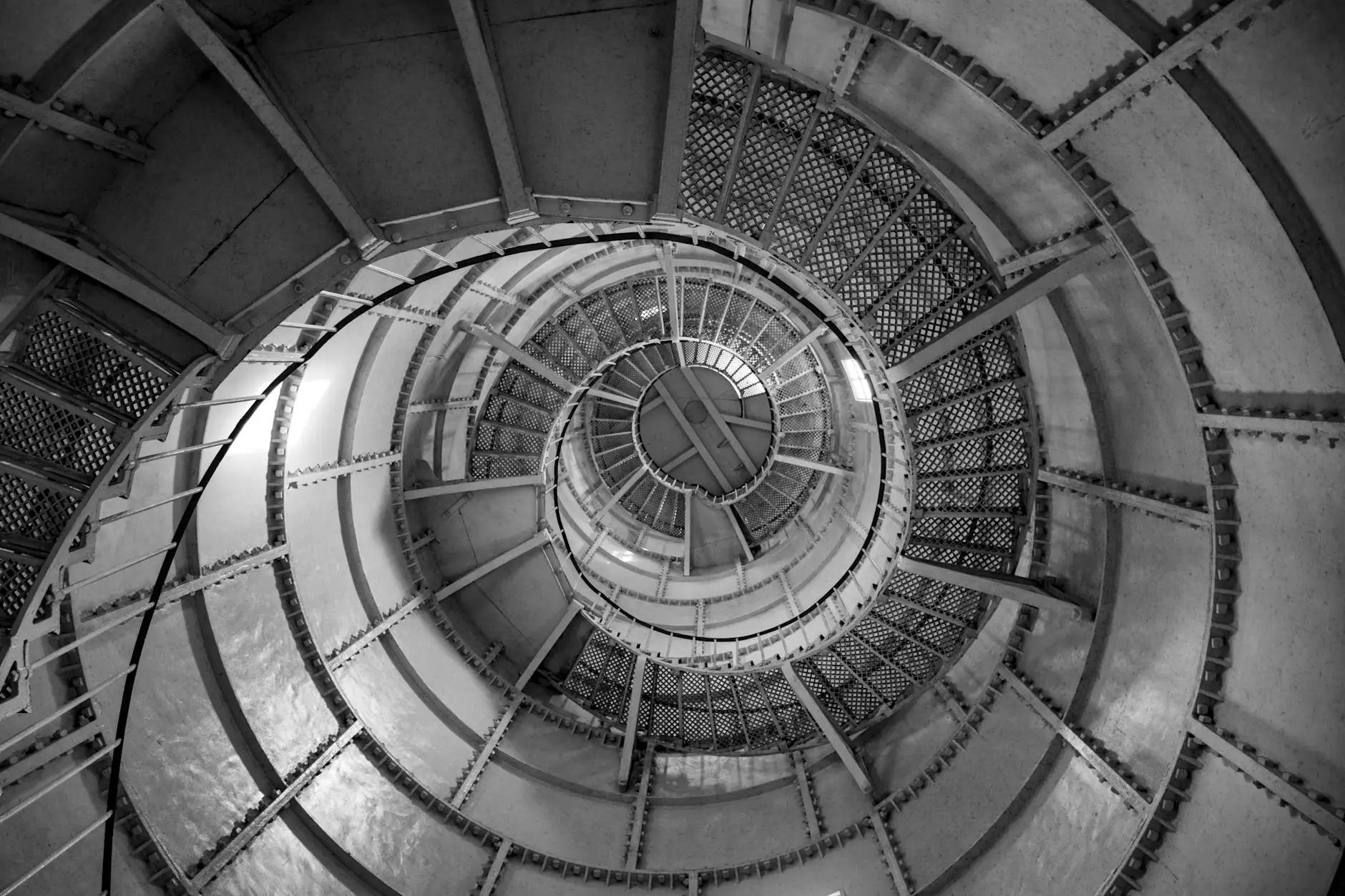The Real Disadvantages of Dental Crowns

In the realm of dental care, dental crowns are a popular choice for patients seeking to restore damaged teeth. However, like any dental procedure, there are both advantages and disadvantages associated with dental crowns. In this article, we will delve into the disadvantages of dental crowns, shedding light on what patients should consider before opting for this treatment.
1. Cost
One of the primary disadvantages of dental crowns is the cost associated with the procedure. Dental crowns can be quite expensive, especially if you require multiple crowns or if you do not have dental insurance to help offset the cost.
2. Sensitivity
After getting a dental crown, some patients experience increased tooth sensitivity. This sensitivity may be temporary or can persist, causing discomfort when eating or drinking hot or cold items.
3. Potential for Complications
While dental crowns are generally considered safe, there is a slight risk of complications arising from the procedure. These complications can include allergic reactions to the materials used, damage to the underlying tooth, or the crown not fitting correctly.
4. Risk of Decay
Despite the protective nature of dental crowns, there is still a risk of decay developing around the edges of the crown. This can occur if proper oral hygiene is not maintained or if the crown becomes damaged, allowing bacteria to infiltrate and cause decay.
5. Potential for Discomfort
Some patients may experience discomfort after getting a dental crown, particularly if the crown does not fit perfectly or if it rubs against other teeth, gums, or the tongue. This discomfort can range from mild irritation to more significant pain.
6. Longevity
While dental crowns are designed to be durable, they are not indestructible. Over time, a crown may wear down or become damaged, requiring repair or replacement. This additional maintenance can be inconvenient and costly for patients.
7. Aesthetics
Although dental crowns are meant to improve the appearance of a damaged tooth, some patients may find that the aesthetics of the crown do not meet their expectations. This can be especially disheartening for individuals who were seeking a natural-looking restoration.
8. Potential Incompatibility
In rare cases, a patient's tooth may not be suitable for a dental crown due to structural issues or other factors. This can lead to complications during the crown placement process and may require alternative treatment options.
Final Thoughts
While dental crowns offer numerous benefits in restoring and protecting damaged teeth, it is essential for patients to be aware of the potential disadvantages associated with this treatment. By discussing these concerns with your dentist and weighing the pros and cons, you can make an informed decision about whether dental crowns are the right choice for your dental needs.
For more information about dental crowns and other dental treatments, visit Wupdoc.
disadvantages of dental crowns








